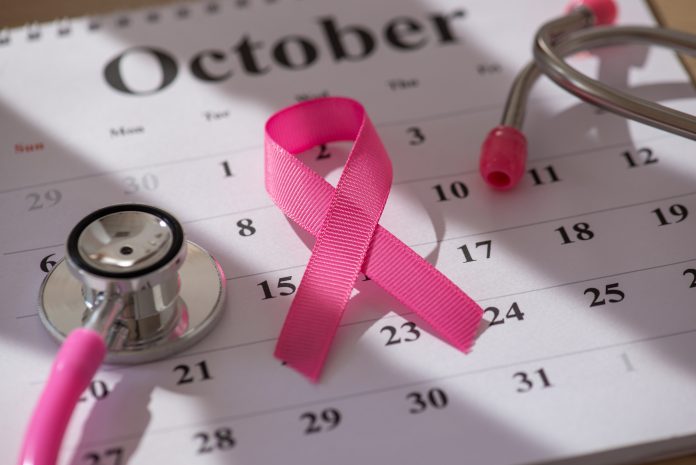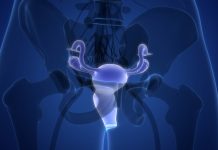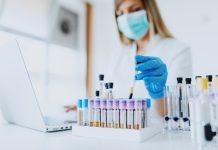As Breast Cancer Awareness Month continues to gain attention across Europe, new initiatives are underway to strengthen early detection, empower women at risk, and improve the integration of cancer data
Three innovative projects funded under the EU4Health programme (CHOICE, BreastSCan, and UNICA) are set to improve breast cancer prevention, diagnosis, and research collaboration across the continent.
These projects support the objectives of Europe’s Beating Cancer Plan by promoting awareness, advancing the use of artificial intelligence (AI) in screening, and encouraging secure data sharing for cancer research.
Breast cancer is still one of the most diagnosed cancers among women in the European Union and the leading cause of cancer-related deaths. In 2022 alone, an estimated 374,800 new cases and 95,800 deaths were reported.
Despite advancements in treatment and screening, disparities in awareness, access to care, and data integration persist across Europe. The EU4Health programme is tackling these challenges through targeted projects that combine health innovation, education, and technology.
CHOICE
Launched in June 2025, the CHOICE project (Comprehensive Health Options and Information for Cancer Education) focuses on women carrying BRCA1 and BRCA2 gene mutations.
These genes play an essential role in DNA repair, and mutations can significantly increase the risk of breast, ovarian, and other cancers. Although preventive measures such as regular screenings and risk-reducing surgeries exist, emotional distress, misinformation, and limited health literacy often prevent women from acting on them.
CHOICE hopes to improve this by providing healthcare professionals with training tools and educational resources that support informed decision-making. The project is developing tailored materials, communication guides, and AI-powered decision-support tools to help women better understand their options. By improving knowledge and confidence, CHOICE aims to empower women with BRCA mutations to make proactive, informed health choices.
BreastSCan
Starting in September 2025, the BreastSCan project is set to transform how breast cancer screening data is used across Europe. It will create a large, diverse dataset of mammography and screening images from participating countries and integrate them into the Cancer Image Europe platform, a federated European infrastructure for cancer imaging data.
The project will test and validate AI tools designed to improve diagnostic accuracy and streamline screening workflows. These tools will focus on key areas, including image preprocessing, breast density classification, lesion detection, and risk prediction. By promoting collaboration among hospitals, researchers, and AI developers, BreastSCan will strengthen data sharing and better align with broader European health data initiatives, including the European Health Data Space.
UNICA
Also launched in September 2025, the UNICA project will connect imaging data for breast, lung, and prostate cancers across 12 medical centres in Europe. By standardising and contributing this data to the Cancer Image Europe platform, UNICA will help researchers develop reliable and transparent AI models for cancer screening and analysis.
The project will demonstrate the practical benefits of AI-driven screening tools through pilot studies and encourage patients to share their imaging data voluntarily. This approach aims to build trust, enhance research opportunities, and promote patient participation in data-driven innovation.
The EU4Health programme, the largest EU health initiative to date, continues to invest in projects that strengthen Europe’s healthcare resilience. By combining awareness, education, and advanced technology, the CHOICE, BreastSCan, and UNICA projects represent a united European effort to detect cancer earlier, improve care, and save lives.











